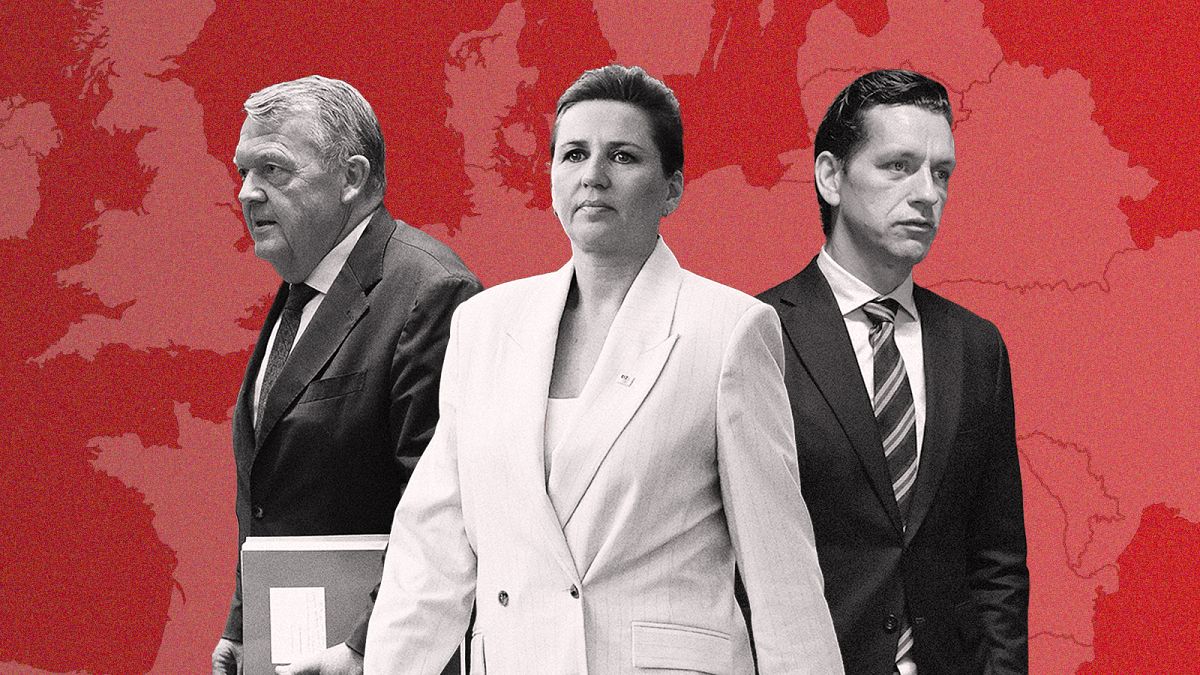

In a week marked by significant geopolitical and cultural news, the world has witnessed pivotal actions ranging from diplomatic recognition to policy reforms and historical revelations. Let’s delve into these transformative moments that underline the complex yet hopeful thread of our global narrative.
A Diplomatic Milestone for Palestine
In a move that adds substance to the ongoing dialogue on Middle Eastern peace, Canada and Malta have announced their recognition of Palestinian statehood. This significant step aligns with similar declarations by France and the UK, marking a moment of solidarity at a recent United Nations conference dedicated to a two-state solution in the region, despite the notable absence of Israel and the United States. Canada’s Prime Minister, Mark Carney, emphasized this decision as part of Canada’s commitment to fostering peaceful resolutions and supporting international diplomatic frameworks.
While this development offers hope for progress, it also highlights the complexities inherent in international relations, especially as countries navigate the sensitive geopolitical fabric of the Middle East. The recognition is seen as a call for action, urging other nations to support equitable solutions and encouraging further dialogue among stakeholders to achieve lasting peace.
Denmark’s Progressive Migration Reset
In Northern Europe, Denmark has taken a bold step by reframing its migration discourse. The country has introduced a set of highly restrictive migration rules, presented through a progressive political lens, which may serve as a catalyst for broader European Union discussions on migration policies. This approach reflects Denmark’s attempt to balance national interests with social responsibility, offering new perspectives on how migration can be managed within the EU framework.
The move is indicative of a shift towards policies that prioritize integration and security while ensuring humane treatment of migrants. Denmark’s approach could inspire other European nations to reevaluate their strategies and find common ground amidst diverse opinions on migration—a crucial topic in light of global demographic changes and humanitarian needs.
Judicial Victory in Free Speech Battle
Simultaneously, a high-profile legal decision in the UK has underscored the importance of safeguarding political speech. The co-founder of Palestine Action, a direct action group, has been granted permission by the High Court to challenge the UK Home Secretary’s decision to ban the organization under anti-terrorism laws. Justice Chamberlain highlighted the significant public interest implications and potential “chilling effect” on legitimate political discourse.
This case illustrates the delicate balance between national security concerns and protecting the fundamental right to free speech, emphasizing the judiciary’s role in upholding democratic principles. The outcome of this challenge could set vital precedents for similar cases involving political activism and freedom of expression.
Addressing Misleading Product Information
In another sphere, consumer awareness has been thrust into the spotlight with a call from the animal rights organization PETA in the UK. The group is urging updates to footwear labelling regulations, emphasizing the need for transparency about animal-derived materials. Currently, wool is classified alongside textiles, which can mislead consumers who wish to avoid animal products.
This advocacy highlights the evolving consumer landscape where ethical considerations are playing an increasingly significant role. The demand for clearer labelling aligns with broader trends towards sustainable and conscientious consumerism, reflecting a desire for informed choice and corporate accountability.
Unveiling Treasures from the Depths
Meanwhile, off the coast of Kent, a fascinating piece of history has resurfaced. The wreck of the British warship HMS Northumberland, lost in the Great Storm of 1703, has been partially revealed due to shifting sands. This archaeological opportunity offers insights into naval history and the maritime accomplishments of the era, showcasing technological advances under Samuel Pepys’ administration, a pivotal figure in the Royal Navy’s modernization.
Archaeologists are racing against time to study the site, aiming to preserve the narratives encased within the ship’s remnants before they are reclaimed by the sea. This discovery not only enriches our understanding of the past but also underscores the importance of historical preservation in connecting us to our legacy.
Across these diverse developments, a common thread emerges: the pursuit of progress through understanding and dialogue. Whether through diplomatic negotiations, legal reforms, consumer advocacy, or historical exploration, each step reflects a concerted effort to build a more informed and harmonious world. As we reflect on these stories, we are reminded of the interwoven paths that shape our collective future, one decision at a time.
Source: {link}
